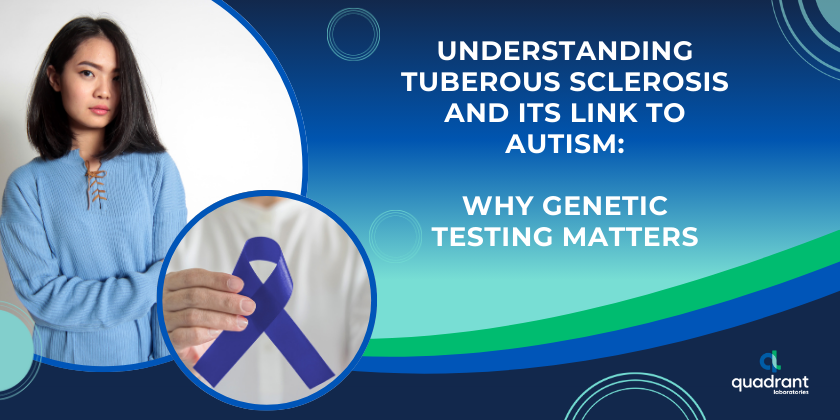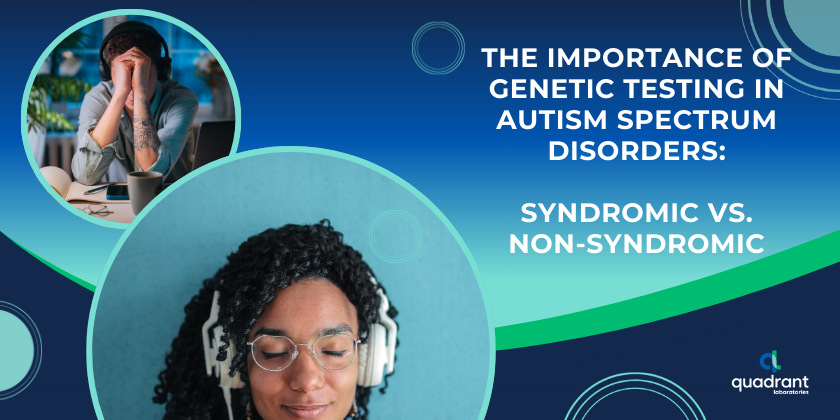
Tuberous sclerosis complex (TSC) is a genetic disorder that can affect various parts of the body, including the brain. It’s caused by mutations in either the TSC1 or TSC2 gene, leading to the growth of non-cancerous tumors in different organs, including the brain.
Research has shown that individuals with TSC have a higher prevalence of autism spectrum disorder (ASD) compared to the general population. While not all individuals with TSC have autism, a significant portion do exhibit characteristics associated with ASD, such as difficulties with social interaction, communication challenges, and repetitive behaviors.
The exact relationship between TSC and autism is still being studied, but it’s believed that the abnormal brain development resulting from TSC, particularly the formation of cortical tubers (areas of abnormal brain tissue), may contribute to the development of autism symptoms in some individuals. Additionally, disruptions in neural pathways and neurotransmitter systems may also play a role.
Understanding the link between TSC and autism is crucial for parents and caregivers. It helps them better comprehend a child’s unique needs and provides insight into potential challenges they may face. Additionally, knowing that the child has TSC and may be at an increased risk for autism allows parents to be proactive in seeking early intervention and support services, which can significantly improve outcomes.
This is where genetic testing becomes invaluable. Genetic testing, such as Quadrant Laboratories’ ASD/ID Gene Panel, allows us to identify mutations in genes associated with both TSC and ASD. By understanding the genetic foundation of these conditions, we can tailor our approach to treatment and support, providing personalized care that addresses the child’s specific needs.
Quadrant Laboratories’ ASD/ID Gene Panel includes genes associated with a range of neurodevelopmental disorders, including TSC and ASD. By analyzing these genes, we can gain a comprehensive understanding of the child’s genetic profile and the potential risk factors they may face. Armed with this knowledge, we can work closely with healthcare professionals to develop a targeted management plan that maximizes the child’s potential and enhances their quality of life.
In conclusion, tuberous sclerosis complex and autism spectrum disorder are intricately linked conditions that require careful attention and understanding. By educating ourselves about TSC, its relationship to autism, and the importance of genetic testing, we empower ourselves to advocate for our children and provide them with the best possible care. With resources like Quadrant Laboratories’ ASD/ID Gene Panel, we have the tools we need to unlock a deeper understanding of our child’s health and pave the way for a brighter future.
References:
- https://www.ninds.nih.gov/health-information/disorders/tuberous-sclerosis-complex
- Vignoli A, La Briola F, Peron A, Turner K, Vannicola C, Saccani M, Magnaghi E, Scornavacca GF, Canevini MP. Autism spectrum disorder in tuberous sclerosis complex: searching for risk markers. Orphanet J Rare Dis. 2015 Dec 2;10:154. doi: 10.1186/s13023-015-0371-1. PMID: 26631248; PMCID: PMC4668631.



